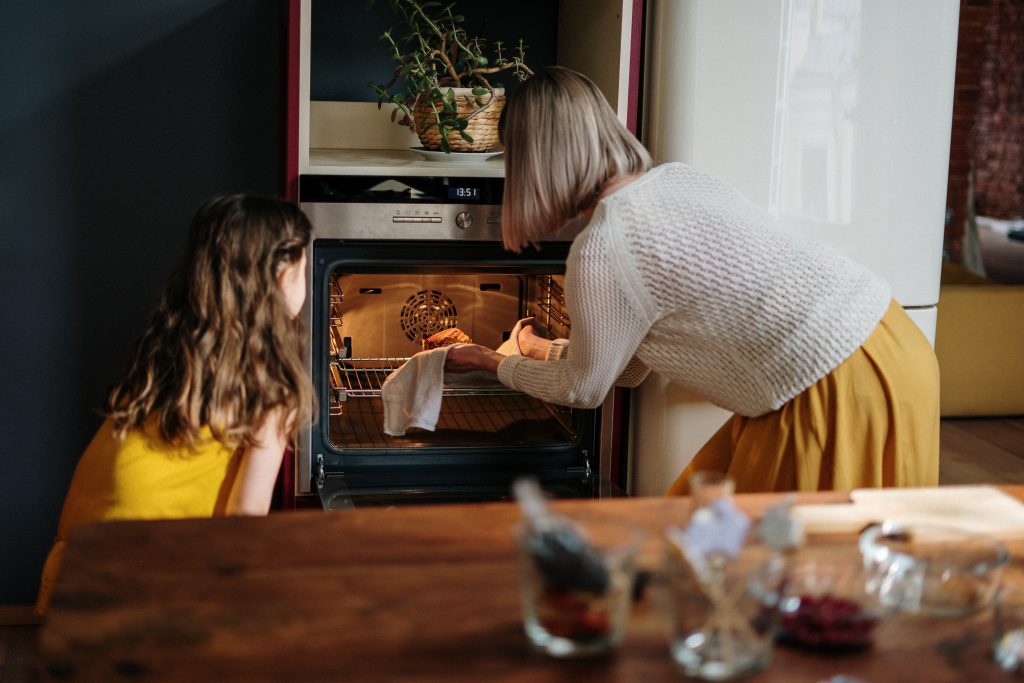Don’t let a cooking fire ruin your Thanksgiving. According to the National Fire Protection Association, cooking fires peak on Thanksgiving. Thousands of Thanksgiving Day fires require a fire department response, cause millions in property losses, and result in injuries and fatalities for those involved. Cooking is the leading cause of residential structure fires on Thanksgiving, followed by heating and open flame. Homeowners insurance can help you rebuild if your house catches on fire, but it’s important to be aware of the dangers associated with cooking fires and take steps to prevent them. In this blog post, we’ll provide some safety tips for frying or smoking a turkey this Thanksgiving.
How to make sure you are safely frying your turkey:
If you’re frying a turkey, be sure to do it outside and away from your home. Make sure the fryer is on level ground and not near any flammable materials. Don’t overfill the fryer with oil, and keep children and pets away from the area while you’re cooking. If the oil starts to smoke, turn off the burner and call the fire department.
How to make sure you are safely smoking your turkey:
If you’re smoking a turkey, be sure to do it outside and away from your home. Keep the smoker in an open area, and don’t leave it unattended. Check the smoker regularly to make sure it’s not overloading the circuit. Keep children and pets away from the area while you’re cooking. If you see smoke or fire coming from the smoker, turn off the power and call the fire department.
How else can you prevent a cooking disaster this Thanksgiving?
The National Fire Protection Association (NFPA) offers the following tips:
- Never leave cooking food unattended. Stay in the kitchen when frying, grilling or broiling food. If someone must leave the kitchen for even a short period of time, turn off the stove.
- Keep young children and pets at least three feet away from the cooking area.
- Wear short, close-fitting or tightly rolled sleeves when cooking.
- Roll up long pants.
- Use a pot holder to protect your hands from burns.
- Move things that can catch fire—including oven mitts, wooden utensils, food packaging and towels—away from your stovetop.
- Keep a lid nearby when cooking to smother small grease fires. Never use water to extinguish a grease fire.
- Have a “kid-free zone” of at least three feet around the stove and areas where hot food or drink is prepared or carried.
- Install a smoke alarm near the kitchen and on each level of your home, and outside sleeping areas. Use the test button to check it each month.
- Keep a fire extinguisher that is ABC-rated (capable of putting out all three classes of fires: A, B and C) in an easily accessible location. Homeowners should also know how to properly use an extinguisher.
Conclusion:
With a little bit of advance planning and these safety tips, you can enjoy a stress-free Thanksgiving feast with your loved ones. Homeowners should also review their insurance policies to make sure they have adequate coverage in case of a fire. Happy Thanksgiving.


